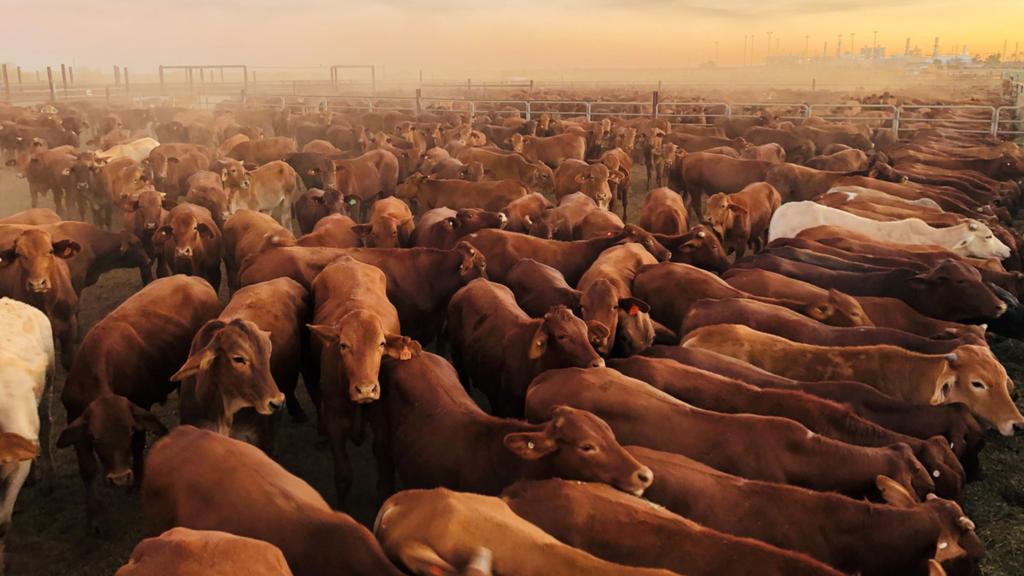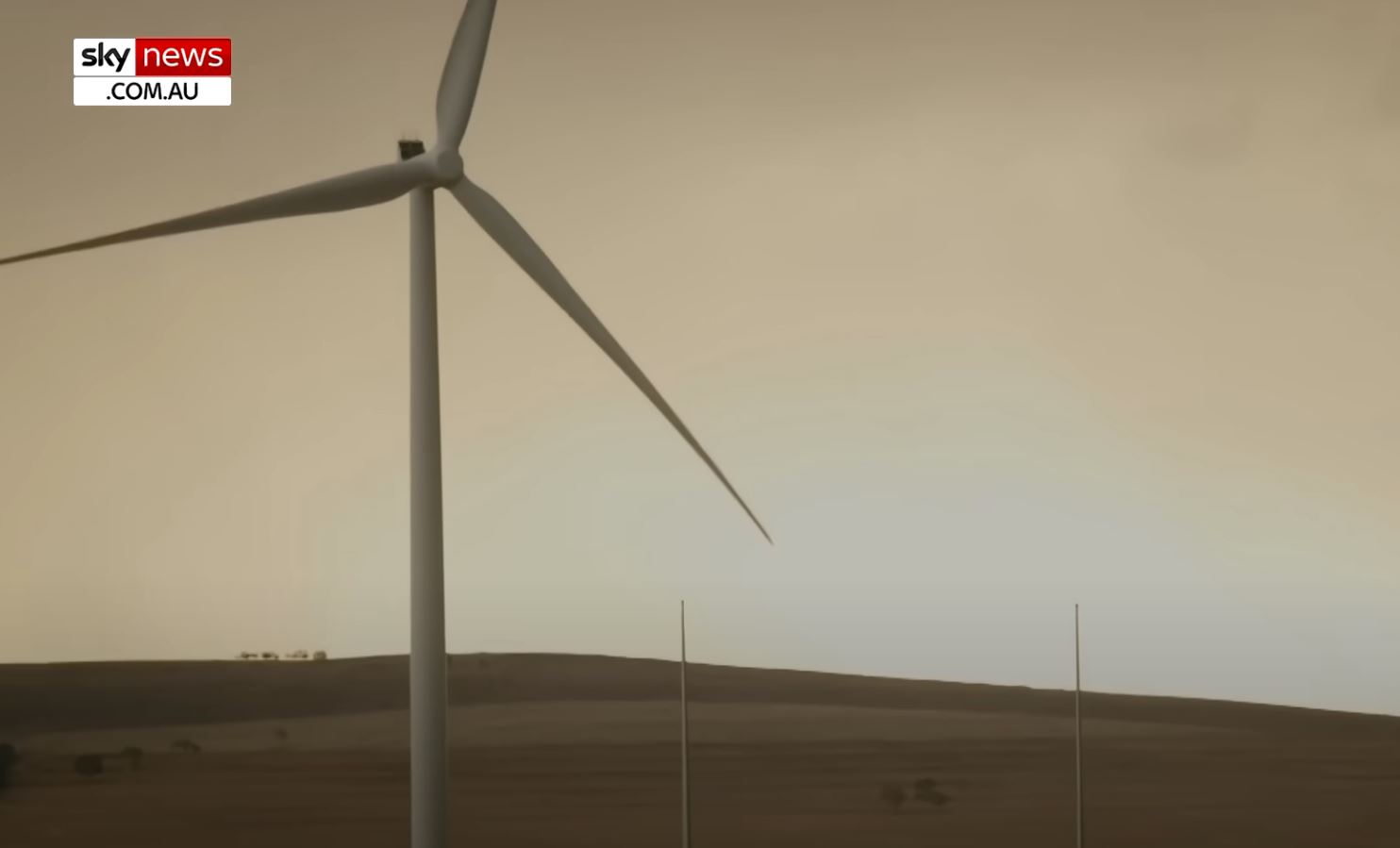
Article by Cally Dupe, courtesy of Countryman
01.04.2025

As WA sheep farmers shape up for the fight of their lives to defend the live sheep export trade, pastoralists across the Kimberley, Northern Territory and Queensland are heading back to the Federal Court to try resolve a long-running dispute.
It’s been five years since northern Australia’s cattle industry won its class action against the Federal Government’s 2011 live cattle export ban, which brought pastoralists to their knees and halted the then-$400 million trade overnight.
But hundreds of claimants are still yet to see a single cent in compensation.
In 2020, more than 200 cattle producers, exporters and service providers won a class action in the Federal Court, which found the former Labor Government’s 2011 decision to ban live exports to Indonesia was unlawful.
But only the lead complainant, the Brett Cattle Company, has received a single cent.
In late 2022, the Federal Labor Government offered to settle the case for $215 million, which was knocked back by the industry and labelled “insulting” by those who estimated damages to be worth much more.
Pastoralists’ counteroffer of $510m, plus costs and interest, was swiftly knocked back by Prime Minister Anthony Albanese.
Both offers were a far cry from the $1.2 billion the class action proposed damages to cost in 2022.
Proponents of the class action will now head back to court to settle a case it has already won.
In June 2011, the Australian Government temporarily banned all live export to Indonesia in response to footage on ABC’s Four Corners which showed inhumane slaughter of cattle.
Then-agriculture minister Joe Ludwig signed a six-month suspension of the trade, but the Federal Court later ruled the move was invalid, “capricious and unreasonable” and amounted to “misfeasance in public office”.
The case is scheduled to be heard in the Federal Court between April 14 and May 12.






